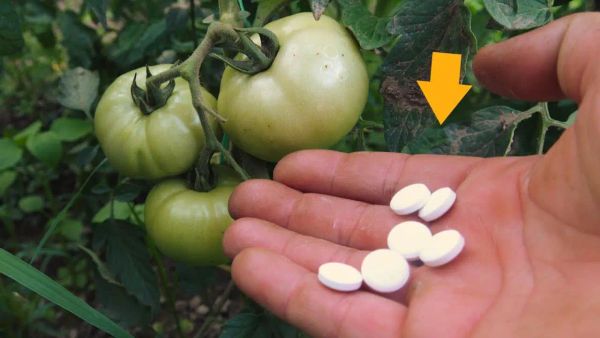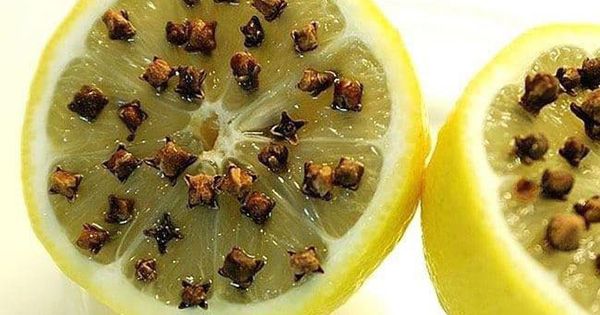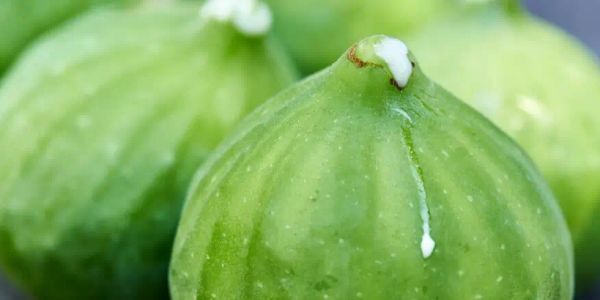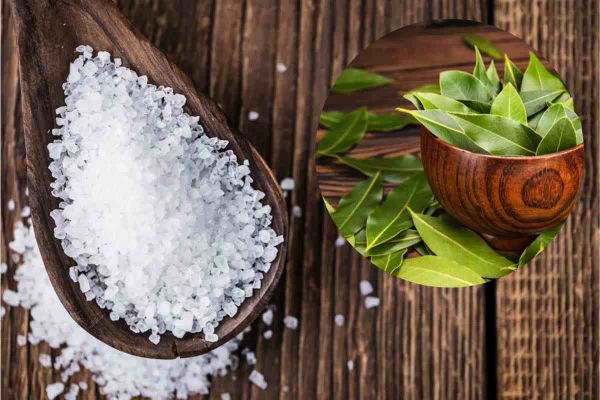
If you’re an avid gardener who dreams of growing huge, juicy tomatoes, then listen up! I’m going to share with you a method that has been scientifically proven to deliver astonishing results. Get ready to revolutionize your gardening game with this easy and effective technique.
Unlock the Secret to Bountiful Tomato Harvests
We all want to maximize the growth and health of our plants, especially when it comes to tomatoes. To achieve those vibrant, large, and succulent fruits, there are specific guidelines you need to follow. Let’s dive into the details of this secret approach that will change the way you garden.
The Key Ingredients: Aspirin and Salicylic Acid
Believe it or not, one of the most effective strategies involves using two unexpected substances: aspirin and salicylic acid. These compounds, especially when derived from natural sources like white willow bark, have a remarkable impact on plant health. Organic gardeners swear by them!
Natural, Organic Salicylic Acid from White Willow
The white willow tree is easily recognizable by its lighter-colored leaves and grayish hue. While not everyone has access to white willow bark, aspirin can be a convenient substitute. Plants produce salicylic acid naturally, particularly when they’re under stress from infections or infestations. This acid plays a crucial role in boosting the plant’s defenses against diseases.
The Impact of Salicylic Acid on Tomato Plants
Salicylic acid does wonders for tomatoes and other crops like peppers, eggplants, and potatoes. Not only does it enhance the plant’s resistance to diseases like downy mildew, powdery mildew, and fungi, but it also increases yields. In fact, using salicylic acid can boost tomato yields by up to 45%, giving your garden productivity a remarkable boost.
How to Apply Aspirin in Your Garden
To make the most of aspirin, simply dissolve one tablet in approximately 3.5 liters of water. You can spray this solution onto your plants or use it for watering. For optimal protection and support, make sure to apply it after rainfall and repeat the process every three weeks, regardless of the weather conditions.
Choosing Between Organic and Synthetic Options
If you prefer an organic approach, go for salicylic acid derived from white willow bark. This allows for more generous application without the risk of overdosing. On the other hand, synthetic aspirin, which is a concentrated form of salicylic acid, requires careful dosage management.
Concluding Advice
Remember, this method is not just about preventing diseases; it’s also about promoting robust growth right from the start. It’s a preventative measure, not a cure, so apply it before any signs of disease appear. Follow these guidelines closely, and you’ll witness the impressive results for yourself. Happy gardening!




